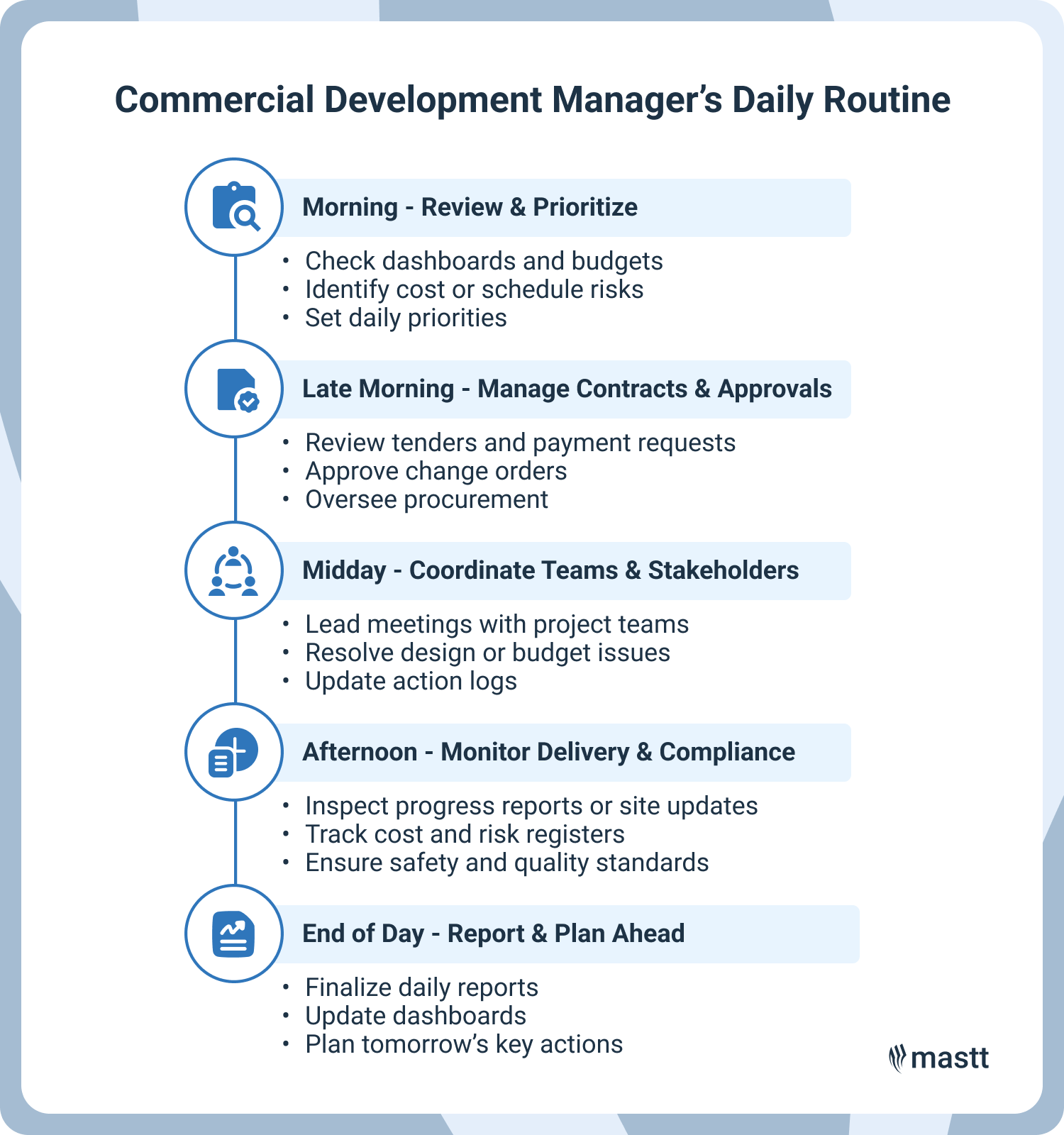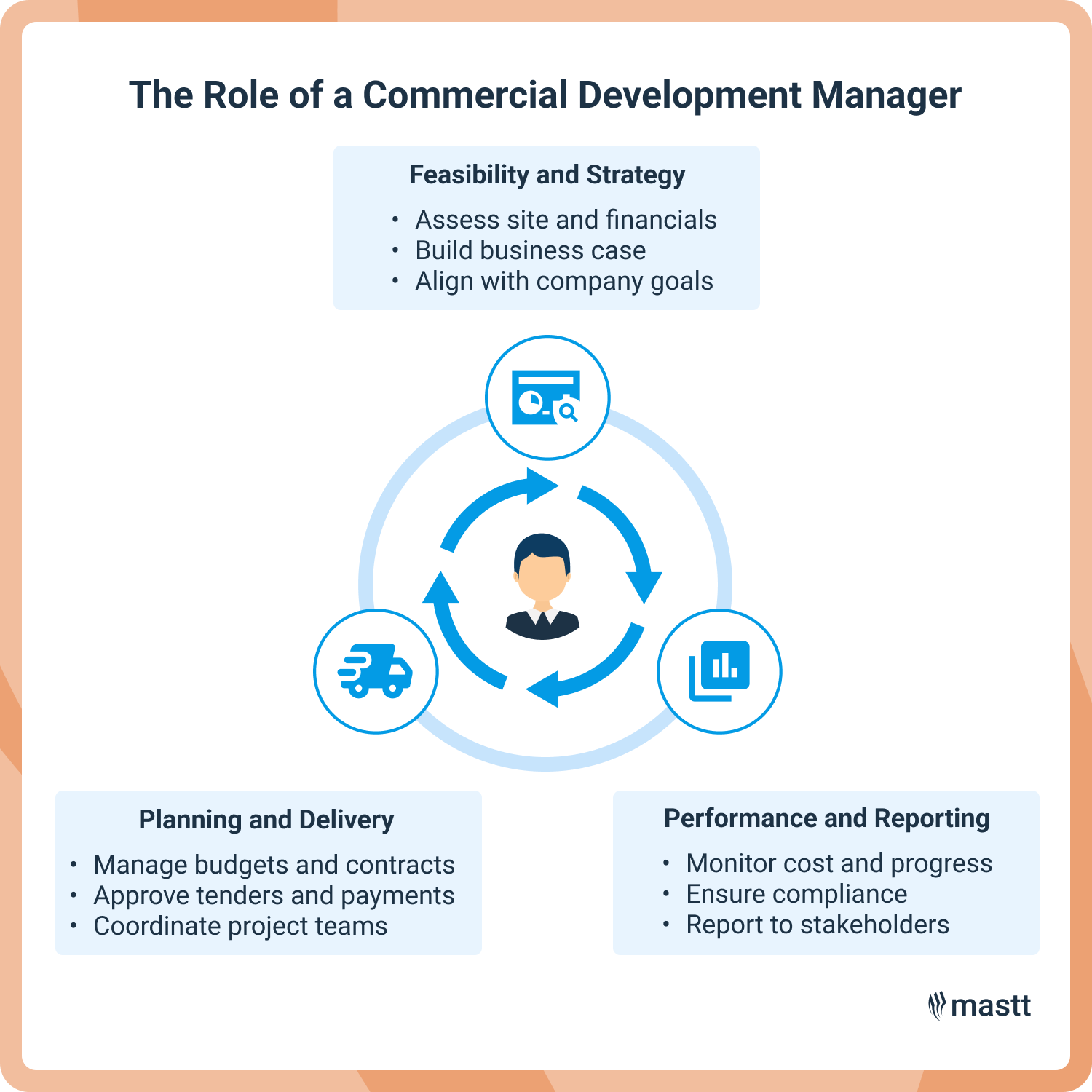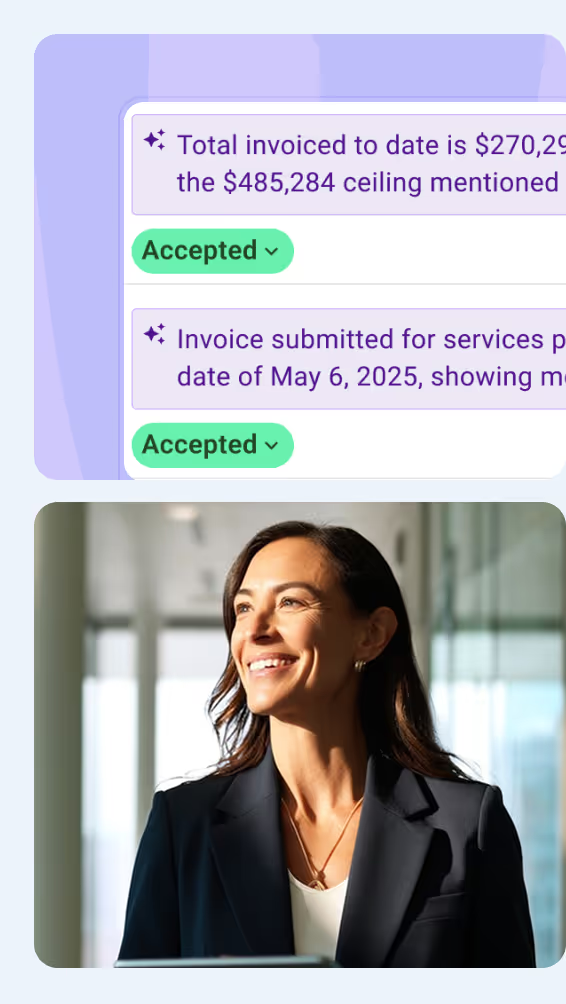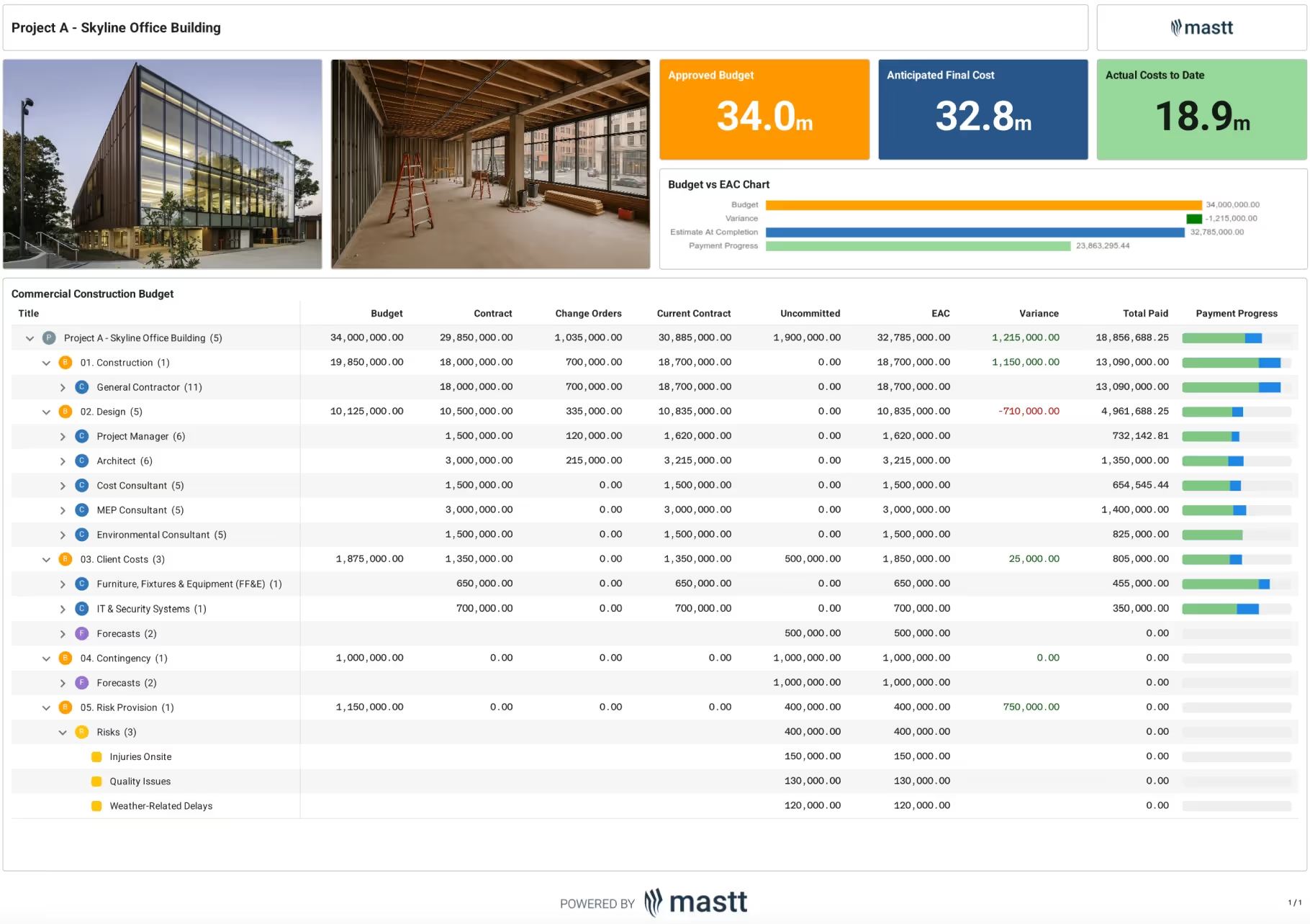A career as a commercial development manager oversees the planning, execution, and profitability of commercial and property projects. The role combines business strategy with project management to ensure that developments remain commercially viable throughout the project lifecycle.
This guide explores what the job involves, the skills and qualifications required, and the career opportunities it offers.
What is a Commercial Development Manager?
A commercial development manager is a professional responsible for guiding the financial and strategic success of development projects. They handle the commercial side of property, real estate, or infrastructure initiatives to ensure each venture remains profitable and sustainable.
In practice, this position plays a central role in commercial development, bridging business objectives with project delivery. From feasibility to completion, a commercial property development manager aligns every stage of work with the company’s financial goals and long-term growth strategy.
Commercial development managers guide a project from concept to completion by shaping the business case, assessing feasibility, and securing approvals. During delivery, they manage budgets, contracts, and procurement. Throughout, they monitor performance and ensure every decision supports the project’s financial and strategic goals.
What Does a Commercial Development Manager Do Each Day?
A typical day for a commercial development manager involves managing budgets, contracts, and project teams to keep developments on track. They balance meetings, planning, and reporting tasks to ensure projects remain profitable.
While many days follow a set routine, others shift depending on project stage or urgent commercial issues that need attention.

Morning: Reviewing Performance and Setting Priorities
The day often starts with reviewing project dashboards, financial updates, and progress reports from contractors or consultants. They identify cost risks, schedule changes, or procurement issues that need immediate action.
Common morning tasks include:
- Reviewing budgets, forecasts, and current expenditure
- Checking project milestones and deliverable deadlines
- Responding to contractor queries or change order requests
- Updating registers and progress logs for internal reporting
These early reviews help them allocate resources effectively and set clear priorities for the rest of the day.
💡Pro Tip: Spend the first 15 minutes ranking tasks by commercial impact. This ensures time and resources go to what protects profit and schedule first.
Late Morning: Managing Contracts and Approvals
Late morning usually focuses on financial and contract management. They review tenders, approve payments, and check that commercial activities align with governance and budget requirements.
Typical activities include:
- Evaluating supplier bids and assessing cost proposals
- Reviewing change order requests and recommending approvals
- Preparing payment certificates for completed work
- Coordinating procurement and subcontractor documentation
This work ensures contractual obligations are met and the project remains financially controlled.
💡Pro Tip: Run a three-way match before certifying payments: contract items, documented progress, and the schedule. Stop approvals if any two don’t reconcile.
Midday: Coordinating Teams and Stakeholders
Around midday, coordination becomes the focus. They meet with design teams, site managers, or clients to discuss progress, risks, and key decisions. Some days are meeting-heavy, while others are spent preparing reports or following up on earlier actions.
During these sessions, they might:
- Lead internal or client progress meetings
- Discuss budget or design adjustments with consultants
- Resolve technical or delivery issues affecting performance
- Record meeting minutes and distribute action items
These interactions keep information flowing between teams and maintain alignment with project objectives.
💡Pro Tip: Issue a one-page decision brief two hours before meetings. Include options, cost impact, and schedule impact.
Afternoon: Monitoring Delivery and Compliance
In the afternoon, attention shifts to performance and compliance tracking. They review reports, inspect site progress, and ensure work meets safety and regulatory standards.
Typical tasks include:
- Checking contractor performance and site compliance
- Updating cost and risk registers with new data
- Preparing financial and operational summaries
- Reviewing any project changes before approval
Some afternoons are spent on-site reviewing progress firsthand, especially during key project phases.
💡Pro Tip: If NCRs (Non-Conformance Report) exceed a set limit for a trade, freeze related work. Resume only with an approved corrective plan.
End of Day: Reporting and Forward Planning
Before wrapping up, they consolidate updates and plan for the next reporting cycle. Daily reviews help capture lessons, track open actions, and prepare reports for management or clients.
End-of-day activities often include:
- Finalizing project and financial reports
- Updating dashboards and performance metrics
- Setting next-day meeting agendas and priorities
- Communicating progress summaries to leadership or stakeholders
This review process ensures visibility across all development activities and keeps leadership informed of progress, challenges, and opportunities for improvement.
💡Pro Tip: Lock tomorrow’s critical-path tasks with owners, evidence required, and time boxes. Distribute by 5 p.m. No task starts without the listed evidence.
Roles and Responsibilities of a Commercial Development Manager
In commercial development management, the role requires balancing profitability, risk, and performance across all phases of development. Core responsibilities include:
- Planning, budgeting, and managing commercial or property development projects from inception to completion
- Leading feasibility studies, cost assessments, and financial modeling to support investment decisions
- Coordinating design, construction, and operational teams to meet project milestones
- Managing contracts, procurement, and negotiations with consultants, suppliers, and contractors
- Monitoring performance, expenditure, and risk to maintain profitability and project control
- Ensuring compliance with statutory, environmental, and health and safety regulations
- Reporting progress, financial outcomes, and project risks to senior management or clients
- Driving process improvements and maintaining consistent project management standards across teams
A commercial development manager’s accountability extends to evaluating project outcomes and analyzing performance data for accuracy and efficiency. Insights gained are used to refine processes and strengthen performance in future developments.

What are the Skills Needed to Succeed in Commercial Development Management?
Competence in commercial development management depends on a combination of analytical thinking, commercial awareness, and strong leadership. These skills ensure effective control of budgets, timelines, and teams while maintaining strong stakeholder relationships.
What are the Qualifications of a Commercial Development Manager?
Most employers seek candidates with degrees in property, construction, business, or engineering, along with relevant project experience. Employers look for candidates with both academic credentials and proven experience managing large or complex commercial projects.
Common qualifications include:
- Bachelor’s degree in construction management, property development, civil engineering, architecture, or business administration
- Postgraduate studies, such as an MBA or a master’s in project management, for strategic and financial advancement
- Professional certifications like RICS, CIOB, or PMP to demonstrate industry competence and ethical standards
- Relevant project experience in real estate, construction, or infrastructure development, showing capability in cost, risk, and contract management
- Technical training in project management software and financial modeling tools such as Mastt, Procore, or MS Project
Employers also value continuous learning through short courses or workshops in sustainability, digital delivery, or commercial law. Maintaining professional membership and updating technical knowledge helps managers stay competitive and aligned with evolving industry standards.
Tools and Software Commercial Development Managers Use to Manage Projects
Commercial development managers use a range of digital tools to plan, monitor, and control every stage of a project. These platforms streamline coordination, improve financial accuracy, and keep teams aligned on budgets, schedules, and deliverables.
Mastery of these tools improves efficiency, accuracy, and transparency. Mastt combines all these functions in one AI-powered system, simplifying project control and decision-making.
Who Does a Commercial Development Manager Work With Across the Project Team?
A commercial development manager works closely with a diverse group of stakeholders throughout the project lifecycle. They coordinate between investors, consultants, contractors, and internal teams to align financial, technical, and operational goals.
- Internal Teams: Work with company directors, finance staff, and project managers to align budgets, reporting, and overall business strategy.
- Design and Technical Consultants: Collaborate with architects, engineers, and quantity surveyors to review designs, cost plans, and ensure technical feasibility.
- Construction and Delivery Partners: Engage with general contractors, subcontractors, and site supervisors to manage progress, quality, and schedules.
- Clients and Investors: Report to property owners, developers, and institutional investors, ensuring the project meets performance and return objectives.
- Government and Regulatory Bodies: Liaise with planning authorities, safety regulators, and environmental agencies to secure approvals and maintain compliance.
- Suppliers and Vendors: Coordinate with material suppliers and service providers for procurement, logistics, and cost control.
Effective coordination with these groups is vital for smooth project delivery. By promoting collaboration, clear communication, and accountability, a commercial development manager keeps every stakeholder aligned from planning through completion.

Common Career Path of a Commercial Property Development Manager
A career in managing commercial property development follows a clear progression, moving from analytical and coordination roles to senior leadership positions. Advancement depends on experience, project performance, and the ability to manage teams and commercial outcomes effectively.
💡Pro Tip: Build a portfolio of completed projects that shows measurable commercial results. Employers value proven outcomes more than titles. Quantify cost savings, ROI, and delivery success to stand out for senior roles.
How Much is the Salary of a Commercial Development Manager?
A commercial development manager typically earns between USD 70,000 and 120,000 per year globally, depending on experience, project scale, and region. Earnings are higher for those managing large-scale or mixed-use projects and for professionals with certifications.
Salary insights from Glassdoor and Salary.com show that compensation for commercial development managers typically falls within these ranges:
- United Kingdom: Average salary of £53,228 per year or £26 per hour
- United States: Average salary of USD 80,649 per year or USD 39 per hour
Job prospects remain strong as urban renewal, infrastructure investment, and sustainable development drive demand for skilled managers.
Challenges as Commercial Development Managers and How to Manage Them
Commercial development managers operate in fast-paced settings where cost, time, and stakeholder demands often conflict. Managing these pressures requires focus, adaptability, and strong communication.
Each issue highlights the need for continuous learning. As projects evolve, staying current with tools, contracts, and market trends keeps a commercial development manager competitive and ready for future opportunities.
Building a Successful Career in Commercial Development Management
Successful developments begin with skilled professionals who can turn plans into real outcomes. Working as a commercial development manager suits those who think strategically, lead teams effectively, and stay adaptable in changing environments. With the right mix of skill and curiosity, it’s a career that helps shape the future of growing cities.















